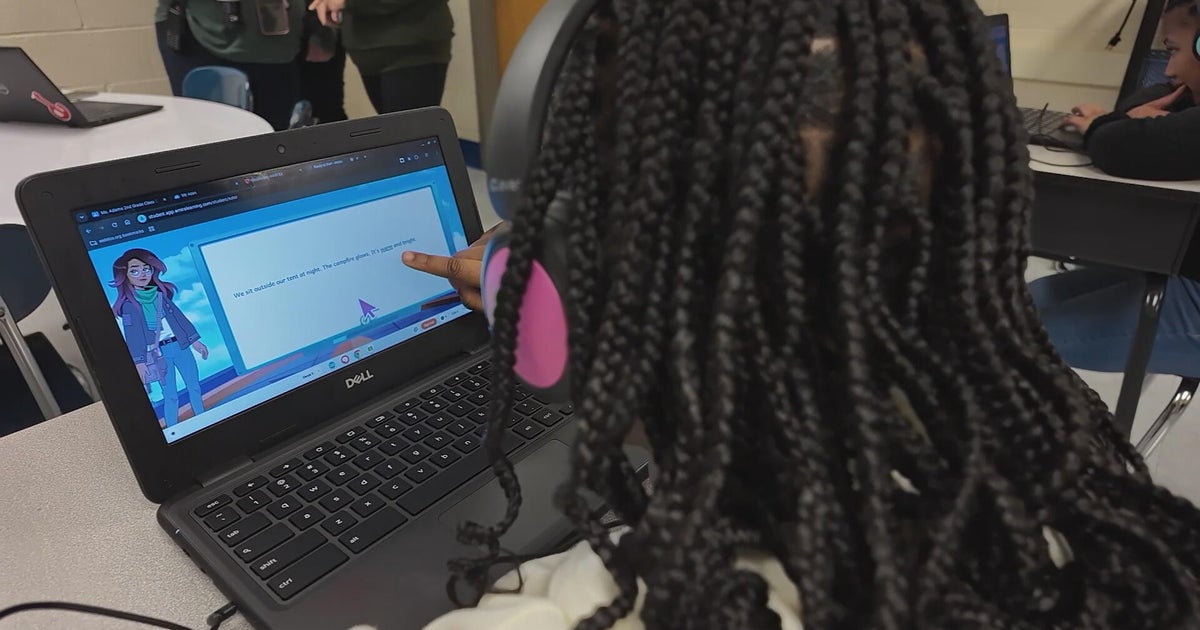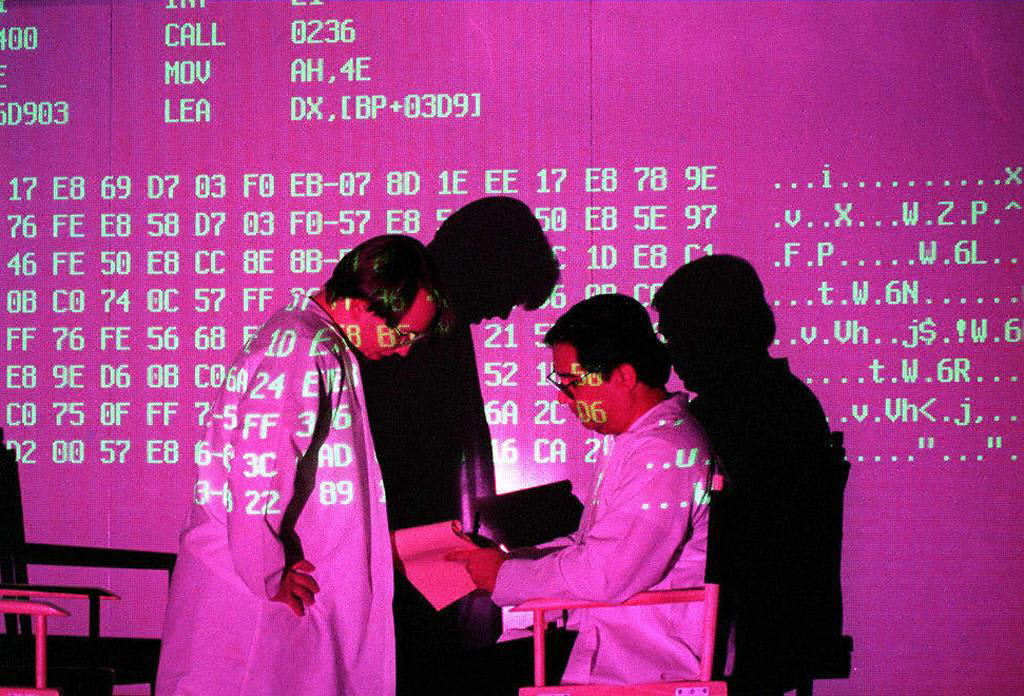These jobs are most likely to be replaced by chatbots like ChatGPT
Chatbots and artificial intelligence tools like ChatGPT that can almost instantly produce increasingly sophisticated written content are already being used to perform a variety of tasks, from writing high school assignments to generating legal documents and even authoring legislation.
As in every major cycle of technological innovation, some workers will be displaced, with artificial intelligence taking over their roles. At the same time, entirely new activities — and potential opportunities for employment — will emerge.
Read on to learn what experts say are the kinds of workplace tasks that are most vulnerable to being taken over by ChatGPT and other AI tools in the near term.
Computer programming
ChatGPT can write computer code to program applications and software. It can check human coders' language for errors and convert ideas from plain English into programming language.
"In terms of jobs, I think it's primarily an enhancer than full replacement of jobs," Columbia Business School professor Oded Netzer told CBS MoneyWatch. "Coding and programming is a good example of that. It actually can write code quite well."
That could mean performing basic programming work currently done by humans.
"If you are writing a code where really all you do is convert an idea to a code, the machine can do that. To the extent we would need fewer programmers, it could take away jobs. But it would also help those who program to find mistakes in codes and write code more efficiently," Netzer said.
Basic email
Writing simple administrative or scheduling emails for things like setting up or canceling appointments could also easily be outsourced to a tool like ChatGPT, according to Netzer.
"There's hardly any creativity involved, so why would we write the whole thing instead of saying to the machine, 'I need to set a meeting on this date,'" he said.
Mid-level writing
David Autor, an MIT economist who specializes in labor, pointed to some mid-level white-collar jobs as functions that can be handled by AI, including work like writing human resources letters, producing advertising copy and drafting press releases.
- AI ChatGPT is helping CEOs think. Will it also take your job?
- AI experts on whether you should be "terrified" of ChatGPT
- Princeton student says his new app helps teachers find ChatGPT cheats
"Bots will be much more in the realm of people who do a mixture of intuitive and mundane tasks like writing basic advertising copy, first drafts of legal documents. Those are expert skills, and there is no question that software will make them cheaper and therefore devalue human labor," Autor said.
Media planning and buying
Creative industries are likely to be affected, too. Noted advertising executive Sir Martin Sorrell, founder of WPP, the world's largest ad and PR group, said on a recent panel that he expects the way companies buy ad space will become automated "in a highly effective way" within five years.
"So you will not be dependent as a client on a 25-year old media planner or buyer, who has limited experience, but you'll be able to pool the data. That's the big change," he said.
Legal functions
ChatGPT's abilities translate well to the legal profession, according to AI experts as well as legal professionals. In fact, ChatGPT's bot recently passed a law school exam and earned a passing grade after writing essays on topics ranging from constitutional law to taxation and torts.
"The dynamic that happens to lawyers now is there is way too much work to possibly get done, so they make an artificial distinction between what they will work on and what will be left to the wayside," said Jason Boehmig, co-founder and CEO of Ironclad, a legal software company.
Common legal forms and documents including home lease agreements, wills and nondisclosure agreements are fairly standard and can be drafted by a an advanced bot.
"There are parts of a legal document that humans need to adapt to a particular situation, but 90% of the document is copy pasted," Netzer of Columbia Business School said. "There is no reason why we would not have the machine write these kinds of legal documents. You may need to explain first in English the parameters, then the machine should be able to write it very well. The less creative you need to be, the more it should be replaced."
"There aren't enough lawyers to do all the legal work corporations have," Boehmig added. "The way attorneys work will be dramatically different. If I had to put a stake down around jobs that won't be there, I think it's attorneys who don't adapt to new ways of working over the next decade. There seem to be dividing lines around folks who don't want to change and folks who realize they have to."



